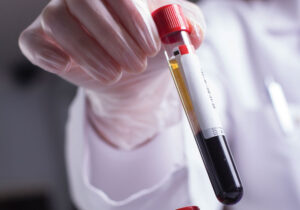Researchers from UCLA have made an important breakthrough in addressing a major challenge in cell-free DNA (cfDNA) testing, also known as liquid biopsy. They have identified specific methylation patterns that are unique to each tissue, which could potentially help identify the tissue or organ associated with cfDNA alterations. This is a critical challenge for accurate diagnosis and monitoring of diseases.
Cell-free DNA has significant potential in disease detection and monitoring. However, accurately quantifying tissue-derived cfDNA has been difficult with current methods, especially determining the tissue origin of cfDNA fragments detected in these tests.

In a recent study, the researchers developed a comprehensive and high-resolution methylation atlas using a large dataset of 521 noncancerous tissue samples from 29 major types of human tissues. They named this approach cfSort and demonstrated its ability to successfully identify specific methylation patterns unique to each tissue at the fragment level. They also validated these findings using additional datasets.
Furthermore, the researchers showcased the clinical applications of cfSort through two potential uses: aiding in disease diagnosis and monitoring treatment side effects. By estimating the tissue-derived cfDNA fraction using cfSort, they were able to assess and predict clinical outcomes in patients.



